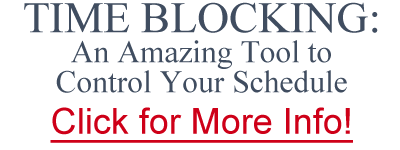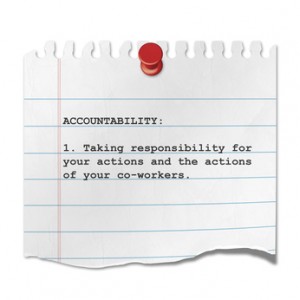I just added 900 new names to my email list and made over $1000 (and counting) – and it was only possible because of partnering with a competitor.
There was no sleazy marketing involved; CAN-SPAN rules were followed; everyone freely gave me their email address, and even confirmed their permission by clicking a link in a confirmation email. But none of it would have happened if I had not reached out to partner with someone else.
There are lessons here that can be applied to any business. First, the specifics:
- I had a goal to increase my mailing list size to 3000. I have read that 3000 is the ‘magic number’ where your list begins to pay off, i.e. when you make offers, you make (enough) sales.
- Although I have held teleseminars in the past, my list size and social media reach was not large enough to add more than a few new names to my list at a time.
- Holding a telesummit with multiple speakers was one way to increase list size. Every speaker would promote to their own list, so collectively we would all reach a larger audience that any of us could alone.
- Although the initial idea was mine, I am very happy I discussed this with my mastermind partner and we agreed to co-host this event. In retrospect, we both agree that, had been doing this solo, there are many times we would have just given up. What kept us moving forward were the commitments we had made to each other.
Why It Made Sense to Reach Out to Competitors
On the surface, even my mastermind partner and I are ‘competitors’. We each consider ourselves business coaches, and even though we live in different parts of California, we can both coach over the phone or by Skype. The reality, though, is that we have different areas of expertise, and will appeal to different types of clients. Also, we have built a level of trust with each other over the last 2 plus years we have been accountability partners that is exceptional. Reaching out to Rachel was really a ‘no-brainer’.
As for the other 19 speakers in the tele-summit, we chose them based on two criteria: a topic of interest to business owners interested in building their business, and list size. Again, some of those we chose had at least some surface overlap as ‘business coaches’, but their topic and/or area of expertise was different enough that they could provide information to our audience in an alternative way. And, let’s face it, we all have people on our lists that never buy from us, even though we know they spend money with other providers. Sometimes it’s the novelty of hearing the information in a new way, or simply feeling more of a ‘connection’. For Rachel and I, the goal was to build our lists, and that required us to reach out to other people who shared our target market and had active mailing lists. In addition, the large number of people who registered (for free) meant that our offer to buy the entire package of 21 recorded interviews was accepted by enough people to make us a nice profit.
Lessons You Can Apply to Your Business
- Be open to partnering with a competitor; consider the potential ‘win-win’ of the partnership
- Will the partnership help you achieve one of your goals faster than you could on your own?
- Be strategic – in our case, we only partnered with people with active mailing lists of at least a moderate size.
- How much work will you be required to do? Is the potential payoff worth it?
- Are the risks minimal?

 There’s something about these hot summer months that makes us remember that glorious time as students when we counted down to the last day of classes, listened for that final bell, and threw our papers in the air as we bolted out of the building chanting “No more pencils, no more books, no more teachers’ dirty looks!” We were free from responsibility for 3 whole months and it felt amazing.
There’s something about these hot summer months that makes us remember that glorious time as students when we counted down to the last day of classes, listened for that final bell, and threw our papers in the air as we bolted out of the building chanting “No more pencils, no more books, no more teachers’ dirty looks!” We were free from responsibility for 3 whole months and it felt amazing.